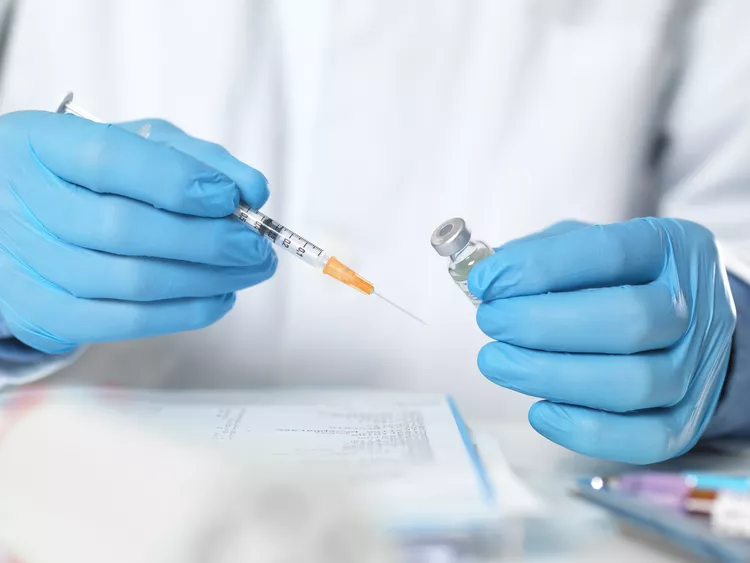Before you go to Peru, it is essential to obtain the appropriate travel vaccinations. Although it may seem tedious and may incur costs, ensuring your health and safety is crucial during your trip planning process.
While no vaccines are currently mandatory for entry into Peru, obtaining the necessary immunizations is vital for maintaining your well-being while traveling. The following recommendations serve as a guideline and should not replace professional medical advice. Always consult with your doctor or a travel health specialist at least 4 to 6 weeks prior to traveling. Some vaccinations require multiple doses, while others need time to provide immunity.
Hepatitis A
It is advisable for all travelers to Peru to get vaccinated against Hepatitis A, a virus that can be transmitted through contaminated food and water. Generally, a single dose of the vaccine administered before travel is sufficient for protection; however, receiving it two weeks prior to travel is more effective. Common side effects may include soreness at the injection site and mild headaches.
Hepatitis B
Your travel itinerary will help determine the necessity of the hepatitis B vaccine; hence, it is crucial to discuss this with your healthcare provider before vaccinations are administered. According to the Centers for Disease Control and Prevention’s (CDC) recommendations, the vaccine is particularly recommended for individuals who may be at risk of exposure to blood, bodily fluids, or who anticipate sexual contact with local populations. Hepatitis B vaccination usually involves a series of three doses over six months, although expedited options may be available, albeit with potentially reduced effectiveness. Additionally, a combined Hepatitis A and Hepatitis B vaccine can be obtained.
Yellow Fever
Yellow fever is a viral disease transmitted by infected mosquitoes, similar to malaria and dengue fever, for which vaccines may not exist. While not all visitors to Peru require yellow fever vaccination, it is recommended for specific regions within the country. Generally, risk locations are situated east of the Andes, in jungle environments below 7,545 feet (2,300 meters) elevation. This vaccine should be administered at least 10 days prior to travel and is effective for up to 10 years. Possible side effects can include flu-like symptoms.
Rabies
The rabies vaccine is not typically necessary for most travelers to Peru. However, your healthcare provider may suggest it under certain conditions, such as:
- You plan to work with or manage animals (e.g., veterinary work, wildlife research, or volunteering at animal sanctuaries).
- You will engage in activities that could lead to close encounters with bats (like caving).
- You will be in rural areas with limited access to medical care, where rabies risk may be heightened.
Regardless of vaccination status, always take precautions to avoid animal bites in Peru. It is advisable to stay away from stray animals, exercise caution near wildlife, and refrain from any interaction with bats.
Typhoid
The CDC suggests the typhoid vaccine for all travelers to Peru, especially for those “staying with friends or relatives or visiting smaller cities, villages, or rural areas where exposure to contaminated food or water may occur.” Overall, obtaining the typhoid vaccine is considered a prudent measure. There are two vaccine options: an oral version consisting of four capsules (one taken every other day) or an injection that should be received a week before departure. It is important to note that neither vaccine provides complete protection, typically covering 50% to 80% of recipients. Basic precautions such as good hygiene, thorough hand washing, and careful food handling are critical to safeguard against typhoid fever.
Routine Vaccinations
Before your trip, verify that you are current on routine vaccinations. Your healthcare provider can review your vaccination records and inform you about any necessary injections or booster shots. Important vaccinations include:
- Measles, mumps, rubella (MMR) vaccine
- Diphtheria, pertussis, tetanus (DPT) vaccine
- Polio vaccine





